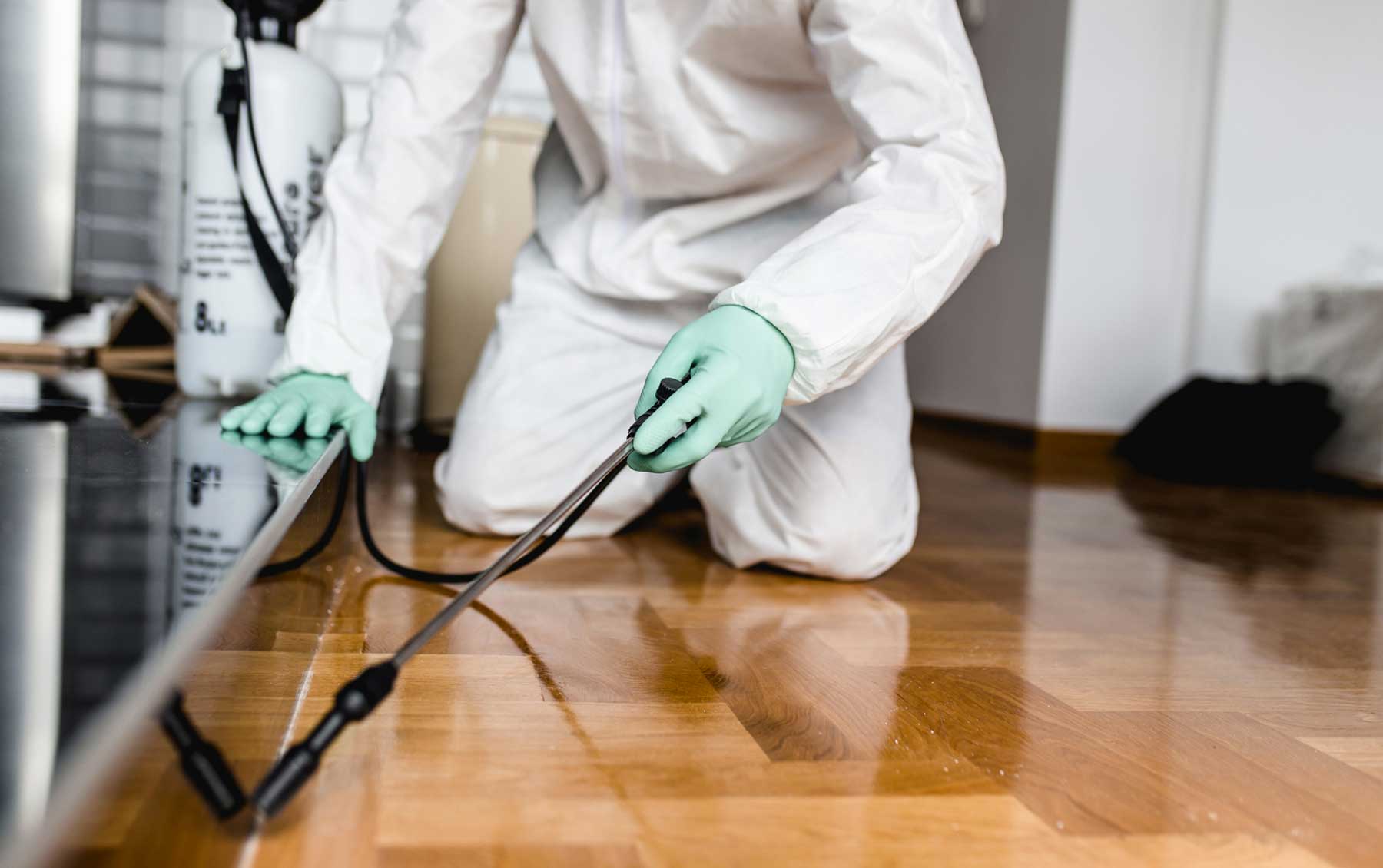Proven Bed Bug Heat Treatment: Get Rid Of Bed Bugs with Heat!
Proven Bed Bug Heat Treatment: Get Rid Of Bed Bugs with Heat!
Blog Article
Specialist Insect Control Techniques for Long-Term Outcomes
In the world of parasite control, achieving continual effectiveness and long-term results needs a precise technique that goes beyond simple extermination. Expert pest control techniques envelop a thorough approach that begins with a complete assessment and evaluation, followed by precise parasite recognition to comprehend their behavior patterns. The implementation of Integrated Insect Management (IPM) concepts, combined with eco-conscious treatments, creates the keystone of sustainable pest obliteration. The true test exists in the continuous monitoring and upkeep of the treated locations, guaranteeing a pest-free environment for the near future. By delving right into the complexities of these techniques, a much deeper understanding of professional parasite control techniques for sustaining results arises.
Inspection and Evaluation
Upon going into a building for pest control services, the preliminary action is a complete examination and assessment to recognize the degree of the infestation and determine one of the most reliable therapy plan. Professional bug control service technicians are educated to diligently examine the facilities, trying to find indicators of parasite activity such as droppings, nibble marks, nests, or any kind of architectural damage. They will certainly likewise assess the problems that may be bring in parasites, such as food resources, water leaks, or entrance factors.

Insect Identification and Habits

Additionally, understanding the habits of the recognized parasite is vital to applying reliable control procedures. Understanding where insects nest, what they feed on, and their exterminator activity patterns can help pest control specialists design approaches to remove them successfully.
Integrated Bug Administration (IPM)
Integrated Bug Management (IPM) strategies incorporate numerous strategies to regulate and stop bug infestations in a sustainable and environmentally friendly way. pest control near me. By incorporating techniques such as biological control, environment control, modification of social methods, and the use of immune varieties, IPM intends to lessen using chemical pesticides
Among the essential concepts of IPM is the emphasis on avoidance. This positive strategy includes surveillance parasite populaces on a regular basis to find any type of potential issues before they rise. By determining parasite issues early on, pest control procedures can be implemented quickly and effectively.
Moreover, IPM advertises making use of safe pest control techniques whenever feasible. This can include using all-natural predators of the bugs, introducing helpful insects, or utilizing pheromones to interrupt breeding patterns. By decreasing dependence on chemical pesticides, IPM not only secures the setting however additionally helps preserve an equilibrium in the community.
Environmentally-Friendly Treatments
Implementing eco-conscious approaches in parasite control procedures can efficiently address infestations while prioritizing environmental sustainability. Environmentally-friendly treatments focus on minimizing the influence of insect control techniques on ecological communities, non-target microorganisms, and human wellness.
An additional secret aspect of environmentally-friendly therapies is the usage of natural and biodegradable items that damage down rapidly without leaving hazardous deposits in the setting. Organic insecticides stemmed from plants like chrysanthemums or neem supply reliable bug control while positioning very little threat to non-target varieties. Utilizing methods like warm therapies or scent traps can target certain bugs with accuracy, reducing the overall ecological effect of pest control practices.
Recurring Surveillance and Upkeep
Routine evaluations by trained specialists are necessary to recognize any type of signs of insect activity, assess the efficiency of previous therapies, and make modifications to the insect control strategy as required. By monitoring pest populaces over time, insect control professionals can track trends, expect possible concerns, and execute precautionary procedures to decrease the danger of future problems.
Along with surveillance, maintenance techniques are essential for lasting pest control success. This includes applying proper hygiene actions to remove possible food and water resources for parasites, sealing access factors to avoid parasites from going into the properties, and dealing with any type of architectural concerns that could help with pest infestations (Exterminator DC). By including continuous monitoring and upkeep right into an incorporated pest administration method, organizations can ensure a pest-free atmosphere and secure their residential property versus pricey damage and health risks
Conclusion
In conclusion, making use of expert insect control techniques such as comprehensive evaluation and analysis, accurate insect identification and understanding of their habits, integrated parasite management strategies, environmentally-friendly therapies, and continuous tracking and upkeep are necessary for accomplishing long-term results in bug control. By executing these techniques, people can successfully handle parasite infestations and maintain a pest-free environment in a sustainable fashion.
Report this page